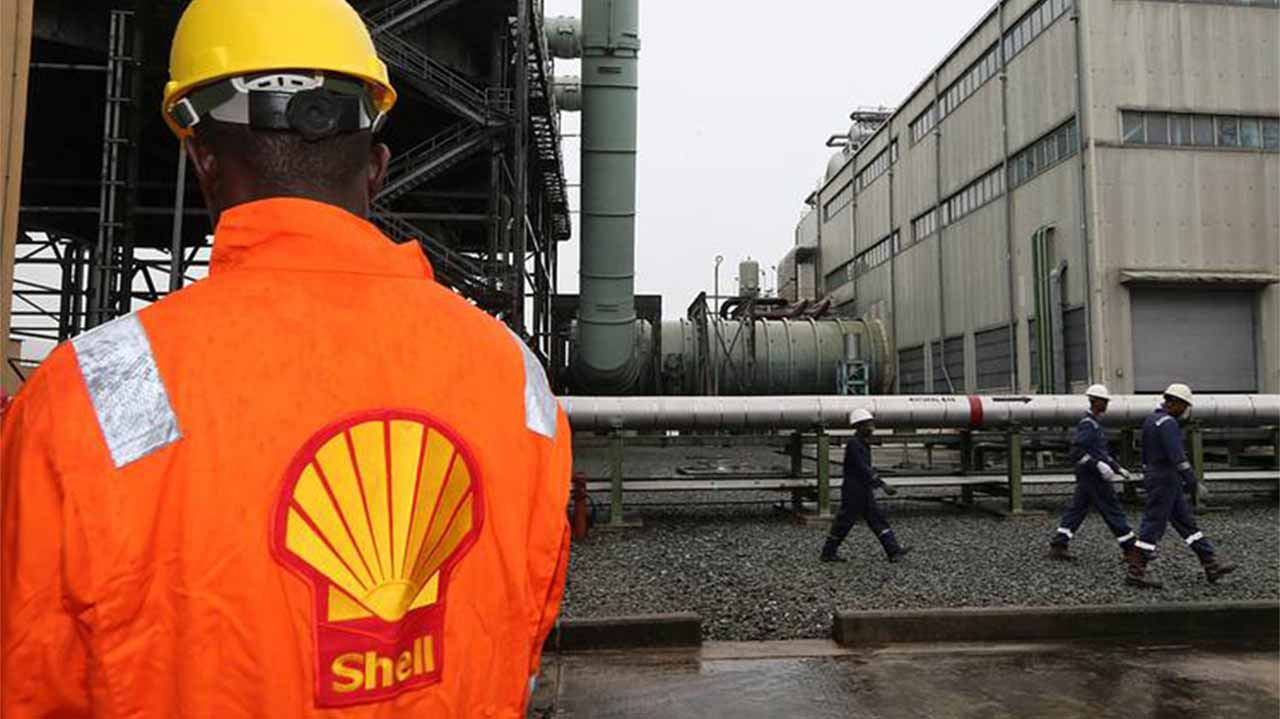GREECE — As the Trans-Adriatic Pipeline (TAP) became operational earlier in November, a Greek official stated that his country had become the most important hub for gas from sources other than Russia in Southeastern Europe, also thanks to its LNG terminals. Kostis Hatzidakis, Greece’s minister of environment and energy, hailed the start of TAP operations and said that through DEPA, the natural gas supply company of Greece, the country would start receiving gas from Azerbaijan by the end of the year. He further argued that with this pipeline, in combination with other projects such as the Greek-Bulgarian natural gas pipeline IGB and the Liquefied Natural Gas terminal of Alexandroupolis, Greece becomes the most important transit hub for the transportation of alternative natural gas sources in Southeastern Europe. Greece changed its geostrategic course under the leftist Syriza government of Alexis Tsipras, against the background of rapprochement between Russia, a traditional Orthodox friend of Athens, and its arch-foe Turkey. Both main political parties in Greece finally made the choice to play the US card, which pushes strongly for energy sources and infrastructure diversification, away from Russian interests.
NIGERIA — Dutch documentary has reported that Nigerian employees of the Anglo-Dutch oil company Shell ordered the deliberate vandalisation of oil pipelines for personal gain. Dutch television documentary programme Zembla, together with Dutch environmentalist organisation Milieudefensie, reported in a programme to be aired on Thursday that “multiple witnesses declared that SPDC, a subsidiary of Shell, caused the oil leaks”. “According to sources, Shell employees profit from these intentional oil leaks by pocketing money from clean up budgets,” Zembla said in a press release summarising an 18-month investigation of various leaks between 2010 and the present day. Zembla added the SPDC, along with the Dutch embassy in Nigeria, were aware of the accusations but had failed to address them. Oil spills in Nigeria have a decades-long history, making companies like Shell, whose headquarters is based in the Netherlands, a frequent target of criticism and protest from human rights and environmental groups.
AUSTRALIA — New analysis by advisory firm Wood Mackenzie (WoodMac) has revealed that only a few of Australia’s backfill liquefied natural gas (LNG) projects would go ahead under a 2 oC scenario. The report shows that over three-quarters, or 77%, of new global LNG supply are at risk under a 2 oC scenario. Under the scenario, gas demand comes under pressure from increased investments in renewables and energy storage in the power sector, as well as efficiency improvements and adoption of new technologies in non-power sectors. In a 2 oC world, green hydrogen becomes a game changer in the long-term, emerging as a key competitor to gas consumption towards the end of 2040 and achieving a 10% share in the total primary energy demand by 2050. Low-cost LNG suppliers Russia and Qatar are expected to be front-runners to fill the modest supply gap, while low Henry Hub prices would also mean competitive US LNG projects. But as Qatar and Russia pursue monetisation of their low-cost resource base, and LNG demand starts declining post 2035, the strategic rationale for others to invest becomes questionable.




